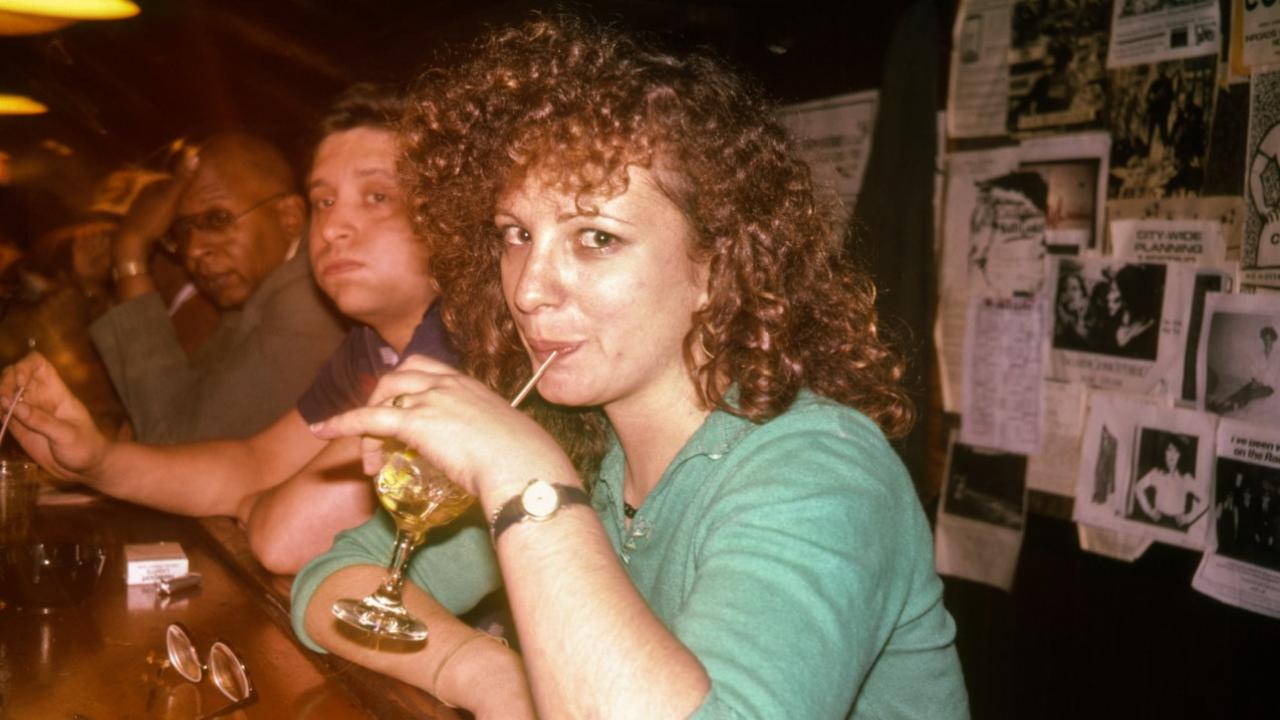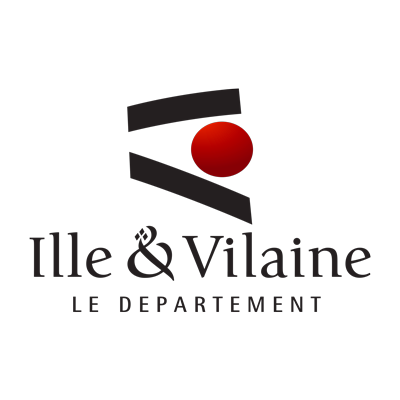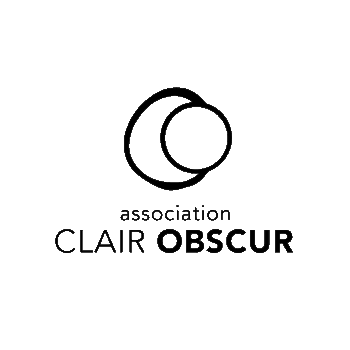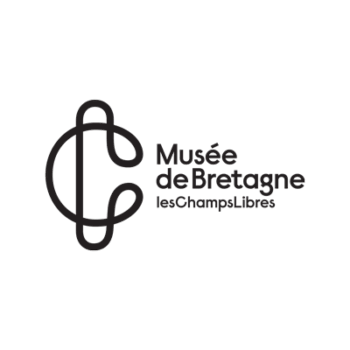Wednesday, November 26
Departmental Archives – Auditorium – 6:30 p.m.
Bons Baisers des grèves
Documentary by Philippe Baron (France/2025) – 52’
Featuring Louis Berthélémy
Cinematography: Mathilde Gaillard
Editing: Katia Manceau
Original Music: Yan Volsy
Produced by Jean-François Le Corre and Sabine Jaffrennou
From 1905 to 1912, France was shaken by a wave of social conflicts. The emerging trade union movement developed new forms of action. Strikes were harsh and violently suppressed. From Limoges to Courrières, passing through Fougères, a young photographer traveled through this industrious and angry France, distributing his photographs to the widest audience through a popular visual medium: the postcard.
In partnership with Vivement Lundi! and the Ille-et-Vilaine Department
Co-produced with France Télévisions, France 3 Bretagne, France 3 Occitanie, France 3 Hauts-de-France in co-production with Pictanovo
With the support of the National Center for Cinema and the Moving Image (CNC), Région Bretagne, Région Hauts-de-France, Procirep – Angoa
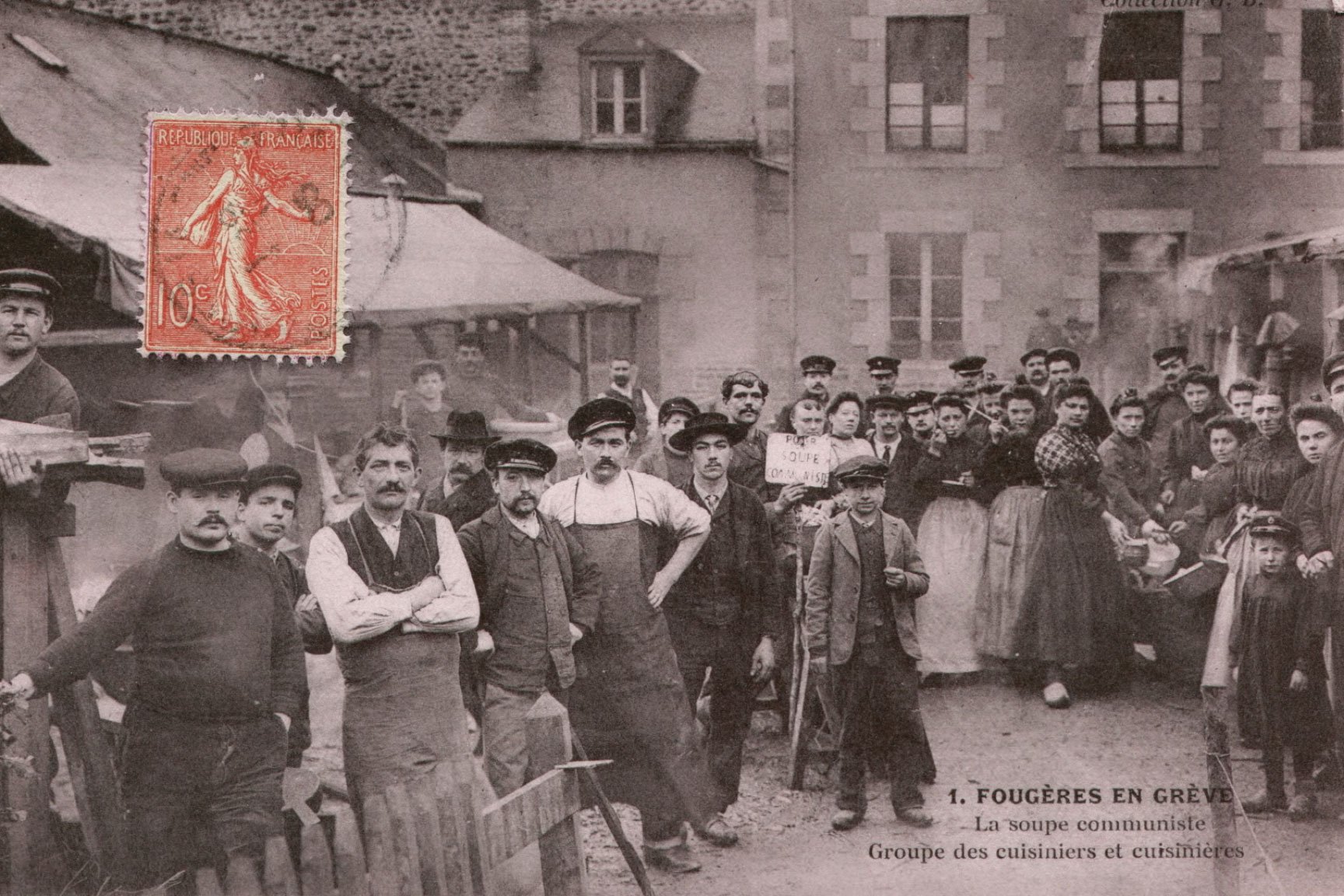
Thursday, November 27
Cinéma L’Arvor – 8:15 p.m.
Rita, Sue and Bob too!
Feature film by Alan Clarke (UK/1987) – 1h33
In a deprived neighbourhood in Northern England, two teenage girls begin an affair with their wealthier employer. A biting chronicle of a love triangle set against a backdrop of social tension.
Rita, Sue and Bob Too! is a sharp comedy about Thatcherite England, portraying a youth with no future and a society split between the new poor and the new rich. The theme may remind viewers of Meantime by Mike Leigh, released four years earlier.
However, Rita, Sue and Bob Too! also draws from the popular English sex comedies of the 1970s (for example, Confessions of a Window Cleaner by Val Guest, the British film with the highest box office in 1974).
The result is a film that quickly became a cult classic in the UK. Not because it relies on cheap eroticism (the actresses were certainly not chosen for their looks, and the only nudity you will see is a pair of male buttocks), but because of its combination of social critique (finer than it appears at first glance) and sexual liberation (at a time when AIDS was terrorising the Western world), which feels remarkably refreshing in the grim climate of the era.
The film strikes Thatcherite England where it hurts and spares no topic: poverty, racism, alcoholism, narrow-mindedness, domestic violence, and a return to prudery… yet it treats everything with a wry humour, embodied by the heroines who constantly laugh at their own misadventures. Rita, Sue and Bob Too! is above all a libertarian, anarchic film, reflecting its director, the legendary Alan Clarke. The ending is deliberately amoral/immoral, in line with its two heroines and the film itself.
In partnership with Clair Obscur

Sunday, December 7
Les Champs Libres – Auditorium – 4:00 p.m.
Toute la beauté et le sang versé
Documentary by Laura Poitras (France/2023) – 1h57
Nan Goldin revolutionised the art of photography and redefined notions of gender and normality. This film takes us into the heart of the artistic and political struggles of this tireless activist.
Known for her candid portraits of Edward Snowden (Citizenfour) and Julian Assange (Risk), Laura Poitras portrays in her new documentary (Golden Lion at the last Venice Film Festival) the legendary Nan Goldin, iconic photographer of the US underground.
The biographical narrative, relatively classic, is combined with a more abrasive, activist dimension, detailing Goldin’s campaign against the Sackler family, the wealthy American dynasty at the center of the opioid scandal. The Sacklers are accused of causing a massive public health crisis (hundreds of thousands of deaths) by putting a devastating painkiller, OxyContin, on the market.
With the P.A.I.N. collective, Nan Goldin undertakes bold actions in major museums worldwide, from the Guggenheim in New York to the Louvre, demanding that these cultural institutions no longer accept the large donations habitually given by the Sacklers, who like to present themselves as benevolent philanthropists.
By combining footage of this fight with the intimate and aesthetic journey of the photographer, Laura Poitras traces the contours of a life spent resisting powerful repressive forces in America: puritanism in the past, and the greed and impunity of the ultra-wealthy today.
One unforgettable, hallucinatory moment punctuates the film: a judicial hearing held on Zoom, in which the Sacklers are forced to listen for hours to the testimonies of the victims’ families. They remain silent, frozen in shame, as if imprisoned within their tiny digital windows.
In partnership with the Musée de Bretagne
